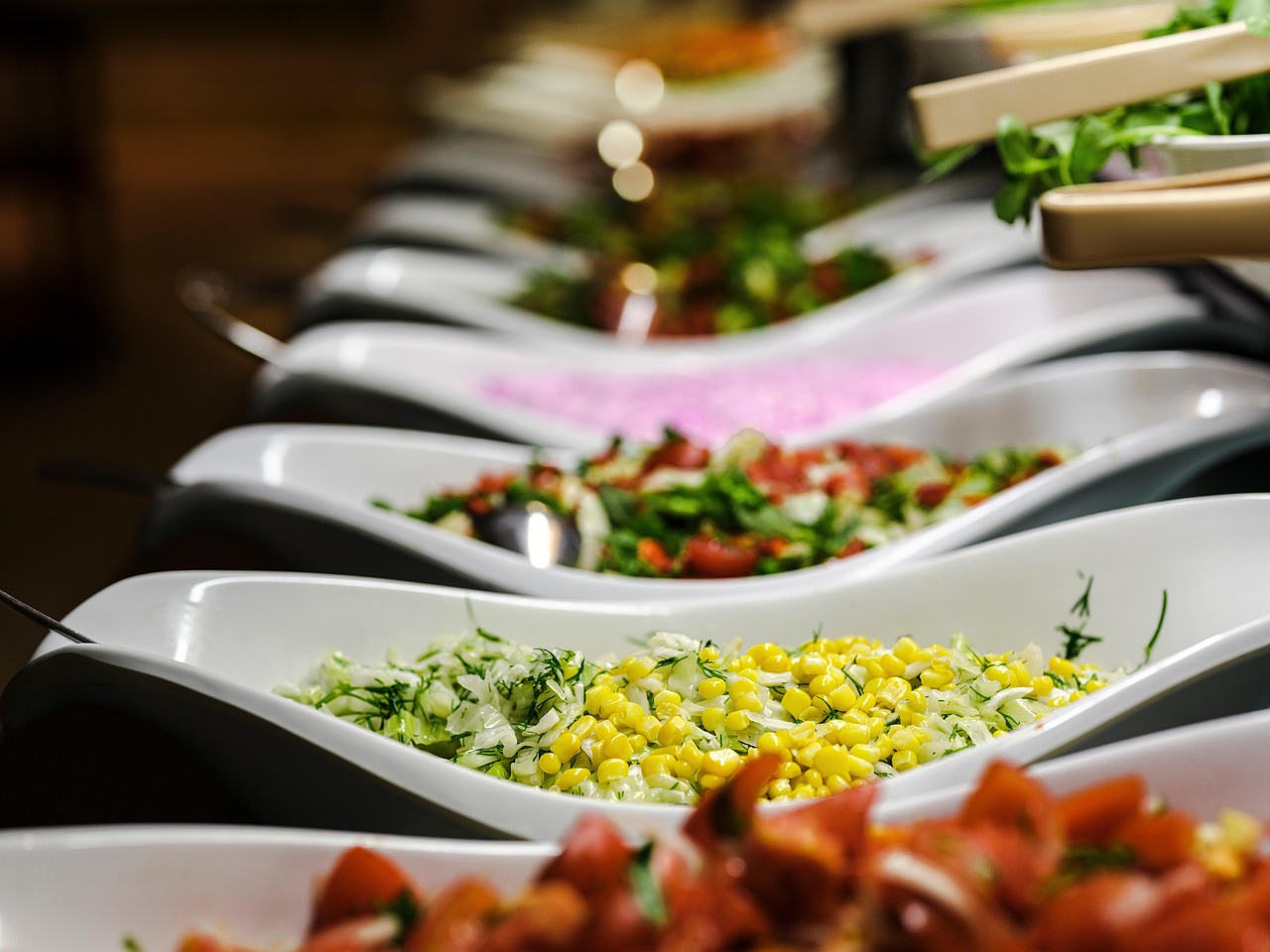Meal Trends for Music Festival Volunteers in 2026.

Music festivals rely on their army of volunteers to make events happen and in return for their unpaid service organisers always supply complimentary meals. What are the key factors trending for next year when considering what food and beverages to offer volunteers that both satisfies them and meets other key criteria for organisers.
The catering industry is constantly evolving to meet consumer demands for better nutrition, sustainability, and shifting tastes. Festival volunteers can work long unsocial hours, and the provision of tasty healthy meal options that are performance enhancing should be a priority for organisers when assessing potential catering contractors. What meal options do organisers typically provide to volunteers and what are the trends that will influence awarding catering contracts in the future.
What Meal Packages do Festival Organisers Supply.
For a multi-day festival, organisers will usually provide 3 meals a day often using a meal ticket system where volunteer details are scanned by the caterer for each instance. There is sometimes an emphasis on providing hot cooked meals served by caterers but with the option of a prepacked cold meal for those who prefer a takeaway format. Some caterers offer a self-service buffet option, but portion quantities can be more difficult to control. As volunteers work shifts sometimes over 24-hour periods, the caterers need to have meals ready throughout the running of a festival. Organisers invest significant time and effort in coordinating volunteers' meal preferences in line with shift times. This data is used by caterers to plan food preparation and serving hours to ensure no volunteers go hungry.
Changing Food Consumption Tastes.
Given that the majority of festival-goers are likely in the Millennial and Gen Z groups, the volunteers present at an event usually reflect these age groups too. Their priority is for healthy, sustainable food that utilises more ‘global’ flavours, a move away from the traditional burger and chips. Authentic cuisine is rising in popularity and includes dishes like Korean-style Donburi (rice bowls), Caribbean Curry Bowls and Malaysian Rendang for example. The old-style world cuisine buffet that lacks authenticity is fading from menus. There is a greater emphasis on performance foods where protein is essential including grilled fish, eggs, tofu/tempeh, and high-protein snacks like nut mixes and Greek yogurt with high sugar and carb options like pastries and fizzy soda drinks on the decline. More demand for plant-based options using innovative meat alternatives with authentic regional flavors like smoky jackfruit, miso-glazed proteins; plant-based chicken wings are on the ascendancy in favour of bland veggie burgers or simple plain salads.
Nutrition and Inclusivity.
The simple healthy option meals are under more scrutiny with consumers wanting nutritionally beneficial meals that also take into account varying dietary requirements. Caterers are expected to provide food that has a focus on complex carbs and lean protein that provide sustained energy like grain bowls, legumes, roasted vegetables, and lean grilled proteins. Additional requirements for ingredients that are perceived as ‘brain’ food for cognitive benefits such as omega-3 rich foods are in demand too. Organisers often ask for volunteers to submit their meal preferences in advance of the event dates, and this now includes options like vegan, vegetarian and the opportunity for volunteers to highlight any allergens. Caterers are obliged to have allergen transparency, and additional options for selection may include gluten-free, nut-free, or dairy-free, for example.
Sustainability and Ethical Meals.
Meeting sustainability objectives are a high priority for festival organIsers across all aspects of their events, and this includes the meals offered to volunteers too. Ingredient sources should be made transparent by caterers emphasising local sources where they can demonstrate a reduced carbon footprint by supporting local suppliers who are engaged in regenerative agriculture. The catering contractors should also have robust waste management processes with a zero-waste principle. This may involve more use of reusable serveware which can be recycled or washed and used again rather than being disposable. Although sometimes contentious organisers and caterers may use meal portion control in their efforts to minimise food waste. Any leftover food should be available for redistribution to local food banks, which can contribute greatly to a reduction in overall wastage.
For festival organisers planning their next event using a software management platform like Festival Pro gives them all the functionality they need manage every aspect of their event logistics including a dedicated volunteer module with meal management. The guys who are responsible for this software have been in the front line of event management for many years and the features are built from that experience and are performance artists themselves. The Festival Pro platform is easy to use and has comprehensive features with specific modules for managing artists, contractors, venues/stages, vendors, volunteers, sponsors, guestlists, ticketing, site planning, cashless payments and contactless ordering.
Image by Engin_Akyurt via Pixaby
<< Back to articles
Contact us
Get in touch to discuss your requirements.
US: +1 424 485 0220 (USA)
UK: +44 207 060 2666 (United Kingdom)
AU: +61 (2) 8357 0793 (Australia)
NZ: +64 (0)9887 8005 (New Zealand)